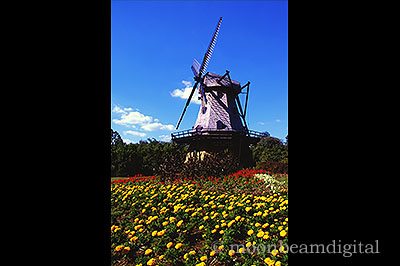by Catherine L. Tully
The use of clichés in writing is a big no-no–especially if you make a living as a freelance writer. Now, I’ll be the first to admit that I’m not immune–especially in a first draft. Often I will just throw the cliché in if it comes to mind and then find something that works better later on. Still, each type of writing has some that are so overused that they no longer mean anything to the reader. Here are five to avoid in travel writing:
- Stunning vista. I see this one everywhere. There are stunning vistas in Italy, France the U.S. and many other countries. What makes one different from another? Strive to describe it better.
- Charming. Ug. Everyone knows what it means, but it doesn’t add anything to your description. What is charming about the place? Remember…show, don’t tell.
- Nestled. Actually I like this word, but it is dreadfully overused.
- Picturesque. Again, you are better off describing what is picturesque about the place rather than just telling readers that it is nice to look at.
- Majestic. Often used to describe mountains, this word is just boring. Get out the thesaurus and do a little digging for an alternative.


Many years ago as a new journalist, a mentor shared with me “19 rules for good riting” (error intended as you will see). I’m not sure who the original author of this is, but I have hung it up in my workspace through several jobs.
It appears on various, “Murphy’s law” lists and writers sites throughout the web. All one has to do is leave the “w” off of writing in the search and it will come up.
I post them here with the understanding that If I knew the original author I would attribute.
The 19 Rules for Good Riting
1. Each pronoun agrees with their antecedent.
2. Just between you and I, case is important.
3. Verbs has to agree with their subject.
4. Watch out for irregular verbs which has cropped up into our language.
5. Don’t use no double negatives.
6. A writer mustn’t shift your point of view.
7. When dangling, don’t use participles.
8. Join clauses good like a conjunction should.
9. And don’t use conjunctions to start sentences.
10. Don’t use a run-on sentence you got to punctuate it.
11. About sentence fragments.
12. In letters themes reports articles and stuff like that we use commas to keep strings apart.
13. Don’t use commas, which aren’t necessary.
14. Its important to use apostrophe’s right.
15. Don’t abbrev.
16. Check to see if you any words out.
17. In my opinion I think that the author when he is writing should not get into the habit of making use of too many unnecessary words which he does not really need.
18. Then, of course, there’s that old one: Never use a preposition to end a sentence with.
19. Last but not least, avoid cliches like the plague.
Excellent Bart! Thanks for sharing this with FZ readers! (And nice to see you here!)
Those are all good. Oh, man. So many more. I’ll just quickly share a couple of peeves.
Calvin Trillin hates “mute testimony.”
Don’t “experience” anything. (Headline writers, are you listening?)
The truth is, almost all common adjectives are boring. Quaint is just as bad as charming, for instance. And uncommon ones are pretentious. Use them extremely sparingly.
Finally, this isn’t quite a cliché, but don’t describe a place in terms of another place. If you’re on the north coast of California, don’t use the Orkney islands to describe it. Place-dropping is annoying and not useful.
Be where you are.
Robert Earle Howells
Editor at Large
National Geographic Adventure
Thanks for chiming in with your considerable expertise–it is appreciated!